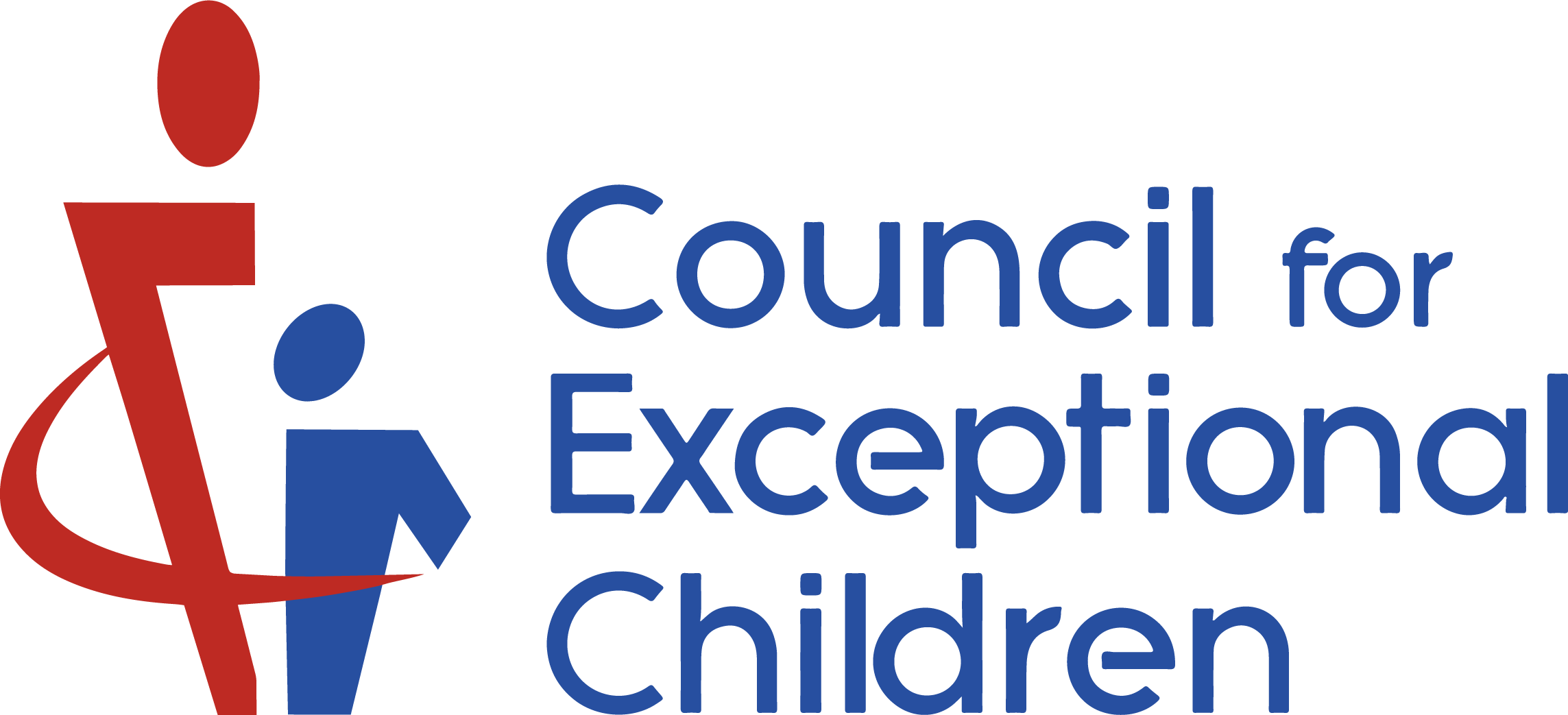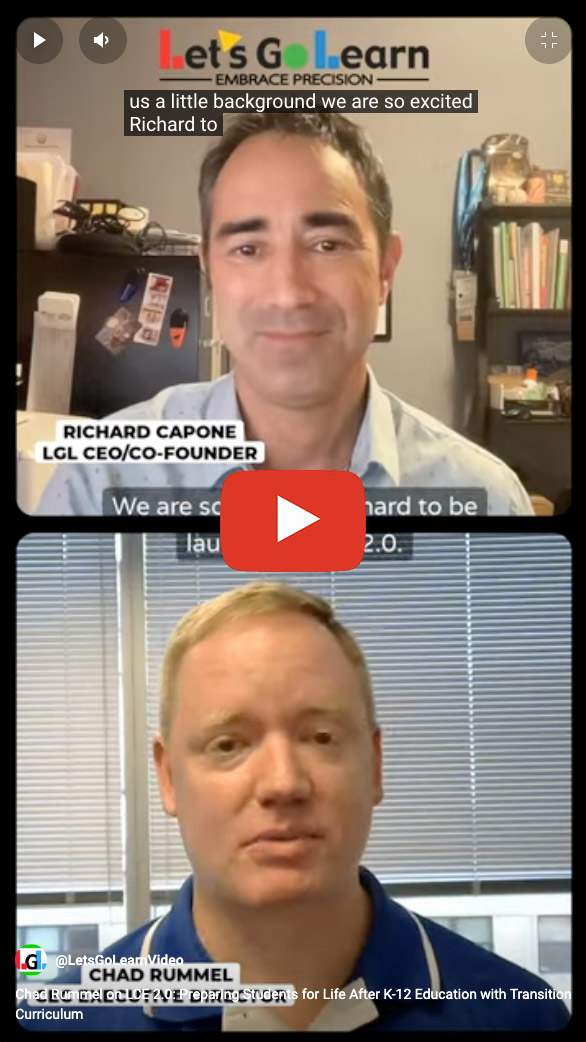
LCE 2.0 Transition Curriculum
LCE is the Gold Standard in Transition Planning

Empowering Students for Lifelong Success
LCE 2.0, provided by the Council for Exceptional Children (CEC) and the Division on Career Development and Transition (DCDT), is the leading online transition curriculum for teaching essential life skills. Built on national benchmarks, it ensures compliance with transition standards while providing educators with flexible tools for effective instruction. Coming Fall 2025. See us at CEC 2025 in Baltimore!
Key Features
- ✅ Ensure Compliance: Aligns with national standards set by CEC and DCDT.
- 📚 270+ Teacher-Led Lessons: Covering daily living, social, and job skills.
- 📊 Built-In Assessments: Progress monitoring and reporting to support IEP goals.
- 🔄 Flexible Delivery: Perfect for in-person or remote learning environments.
- 🏫 Supports Diverse Needs: Designed for students with mild to moderate disabilities, ages 12–28.
- 🔍 Research-Based Practices: Built on proven strategies to ensure long-term success.
Why Choose LCE 2.0
- Ensure compliance with the gold standard in transition planning—provided by CEC and DCDT.
- Research-based, proven, and responsive to diverse student needs.
- Systematic, well-organized, and easy to implement.
- Comprehensive, practical, and focused on real-world skills across disciplines.
- Built on the Let’s Go Learn platform to ensure scalable deployments, high-fidelity training, and amazing support.
Flexible for Every Classroom
Whether your students are preparing for independent living, developing job skills, or improving social interactions, LCE 2.0 offers adaptable lessons to meet their unique needs. It seamlessly integrates with IEP goals and allows educators to track progress through assessments and personalized reports.

Request to preview the first ten LGL Transition Edge lessons
What is Transition Curriculum?
A transition curriculum is a structured program designed to help students move successfully from high school to the next phase of life, whether that means higher education, vocational training, employment, or independent living. This curriculum is especially vital for students with disabilities, as it offers them tailored instruction and experiences that foster self-sufficiency and confidence. However, a transition curriculum is beneficial for all students, providing guidance in critical life skills that are often not covered in traditional coursework.
A well-planned transition curriculum takes into account a student’s individual strengths, challenges, interests, and long-term goals. It includes a combination of academic instruction, career exploration, independent living skills, social-emotional development, and real-world experiences. The goal is to help students build the skills they need to navigate the complexities of adulthood with confidence.
In the United States, transition planning is a federally mandated component of the Individualized Education Program (IEP) under the Individuals with Disabilities Education Act (IDEA). Schools are required to begin formal transition planning by the time a student turns 16, although earlier planning is encouraged. This process involves the student, family, teachers, and other professionals working together to create a roadmap for life after high school.


Looking for More Self-Paced Options?
For independent, student-driven learning, explore LGL Transition Edge—featuring online courses in Digital Literacy, Financial Literacy, Work Life Skills, and Health and Wellness.
Get Started with LCE 2.0 Fall 2025
Empower your students to thrive in adulthood with the most trusted transition curriculum available. Over 2,000 transition specialists in over 500 locations worldwide already use LCE to prepare students for independent and rewarding lives. Contact us for a demo or more information.




